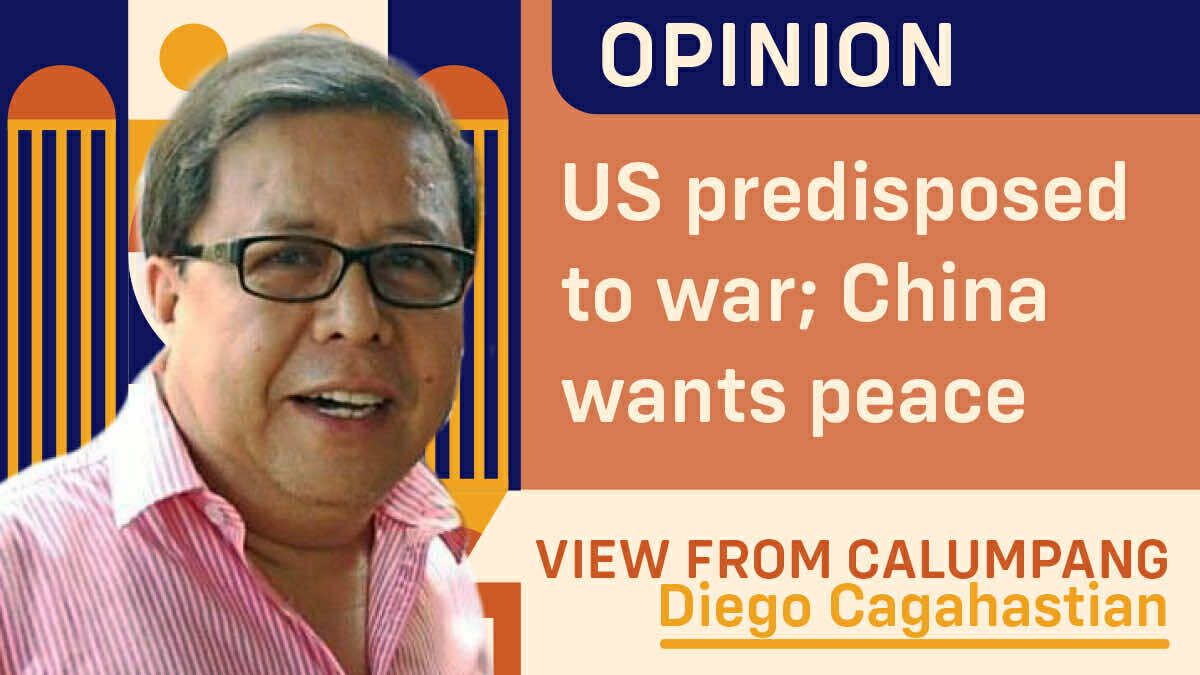In a meeting with President Shavkat Mirziyoyev of Uzbekistan on June 17, Chinese President Xi Jinping commented on the ongoing war between Israel and Iran, saying: “Military does not provide a solution. All parties should work to deescalate the conflict as soon as possible.”
Last Tuesday, state news agency Xinhua quoted President Xi who made a more direct statement of displeasure against the Israeli offensive. Xi said, “We oppose any actions that infringe upon the sovereignty, security and territorial integrity of other countries. Military conflict is not the solution to problems, and rising regional tensions do not align with the common interests of the international community.”
These statements reveal China’s long-standing policy to support world peace and promote economic development in all regions of the world, an objective that would be clearly undermined by the escalation of violence and conflict especially in volatile regions such as East Asia and the Middle East.
China has even offered to play a constructive role on the diplomatic front to diffuse the tension and deescalate the violence that is now gripping many areas in Iran and Israel, not to mention the Gaza Strip.
This means China may act as mediator in case a ceasefire is called and observed between the military forces of Israel and Iran, a risky but important role that China is willing to take on.
China is in a good position to leverage its newfound strength in international diplomacy in helping find solutions to the ongoing war. Remember that it was China which brokered the agreement that normalized relations between Iran and Saudi Arabia in 2023, which saw the shoring up of China’s capability to push progressive diplomacy in the region.
It is both interesting and necessary to make a contrast between official pronouncements coming from Beijing and Washington DC on the Israel-Iran war.
The latest word from the White House is that US President Donald Trump is giving himself two weeks to make a huge decision—whether to directly involve the United States in the war or not.
Trump is neither here nor there in his characteristic equivocation on the issue.
In an earlier talk with reporters in the White House, President Trump bolstered his annoying ambiguity. When asked by reporters about direct US military involvement in the Israel-Iran conflict, he answered: “I may do it. I may not do it. I mean, nobody knows what I’m going to do.” The statement is as cryptic as cryptic can be.
Media analysts have pointed out that Trump’s warning to some 10 million people who live in the city of Tehran and several thousands more in the periphery of the capital city to evacuate immediately may be one of the most belligerent statements ever made by a US president. They stressed that even George W. Bush in his time never told the entire city of Baghdad that they have to evacuate or be killed.
“IRAN CANNOT HAVE A NUCLEAR WEAPON. I said it over and over again. Everyone should immediately evacuate Tehran,” Trump warned, which many interpreted as the US president’s final warning before America unleashes its full military might against Ayatollah Ali Khamenei and the entire Iranian nation.
As the two nations continue to trade missiles, drones and other lethal tools of war, killing each other’s soldiers and civilians including foreigners stranded in these areas, it has become clear how the two superpowers, personified by their leaders Trump and Xi, are poles apart in recognizing the problem.
#WeTakeAStand #OpinYon #OpinYonColumn #ViewfromCalumpang
